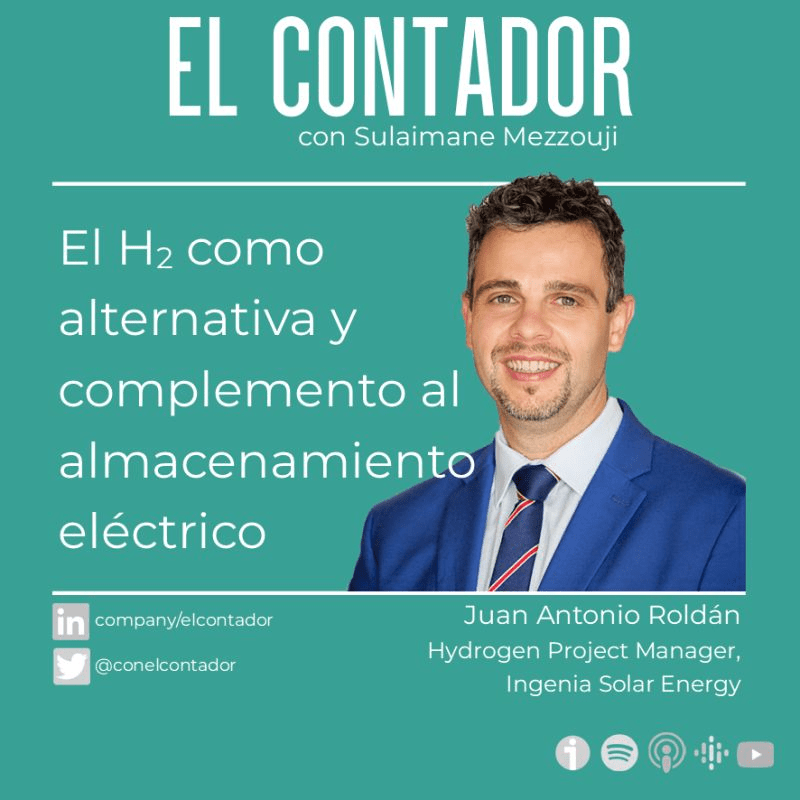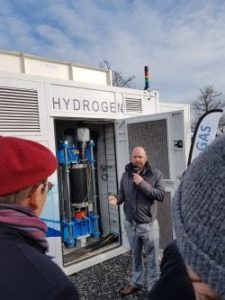The Art of Converting Water into Fuel: A Journey Through History

Introduction
The ability to convert water into fuel is an impressive scientific achievement that has captured the attention of scientists, engineers, and researchers for decades. In this article, we will embark on a journey through history to explore who the pioneers were that learned to convert water into fuel and how this technology has evolved over time.
1. Pioneers of Electrolysis
The history of converting water into fuel dates back to the pioneers of electrolysis, a process that uses electricity to break down water into its basic components: hydrogen and oxygen. One of the early explorers of this phenomenon was the British chemist William Nicholson in 1800.
Technical Data: Water electrolysis typically achieves an efficiency of around 70-80% in converting electricity into hydrogen.
2. Charles Langer and Hydrogen Electrogeneration
In 1947, Charles Langer, an American chemist and inventor, patented a process for hydrogen electrogeneration from water. His work was a milestone in hydrogen technology and laid the groundwork for future research.
Technical Data: Hydrogen electrogeneration has become fundamental in the production of hydrogen as a fuel.
3. Roger Billings and the Alkaline Fuel Cell
Scientist and inventor Roger Billings is widely recognized for his work on the alkaline fuel cell in the 1960s. This technology efficiently converts hydrogen and oxygen into electricity and water, paving the way for sustainable energy applications.
Technical Data: Alkaline fuel cells can achieve efficiencies exceeding 70%.
4. The 21st-Century Resurgence of Electrolysis
In the 21st century, water electrolysis has experienced a resurgence due to its potential for producing green hydrogen using renewable energy. Countries around the world are implementing advanced electrolysis projects to generate clean hydrogen.
Technical Data: Modern electrolysis facilities can achieve efficiencies exceeding 80% using electricity from renewable sources.
5. The Future of Water-to-Fuel Conversion
The technology for converting water into fuel continues to evolve. Advanced electrolysis and hydrogen fuel cells are poised as key solutions for cleaner and more sustainable energy in the future.
6. Conclusion
The art of converting water into fuel has come a long way throughout history, from the pioneers of electrolysis to contemporary researchers. This technology has become a cornerstone of sustainable energy and will play an essential role in the future as we move towards cleaner and more sustainable energy sources.

























